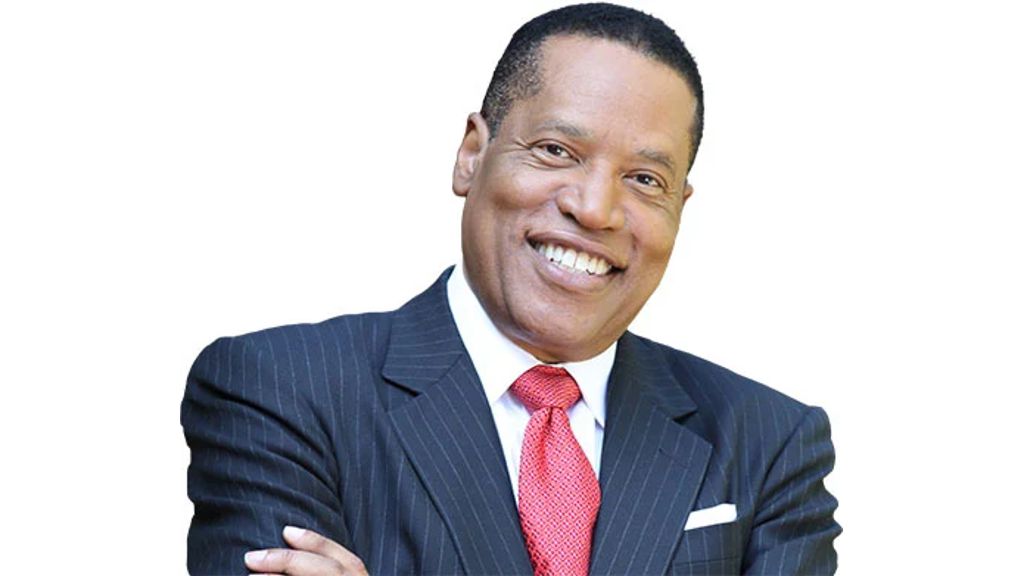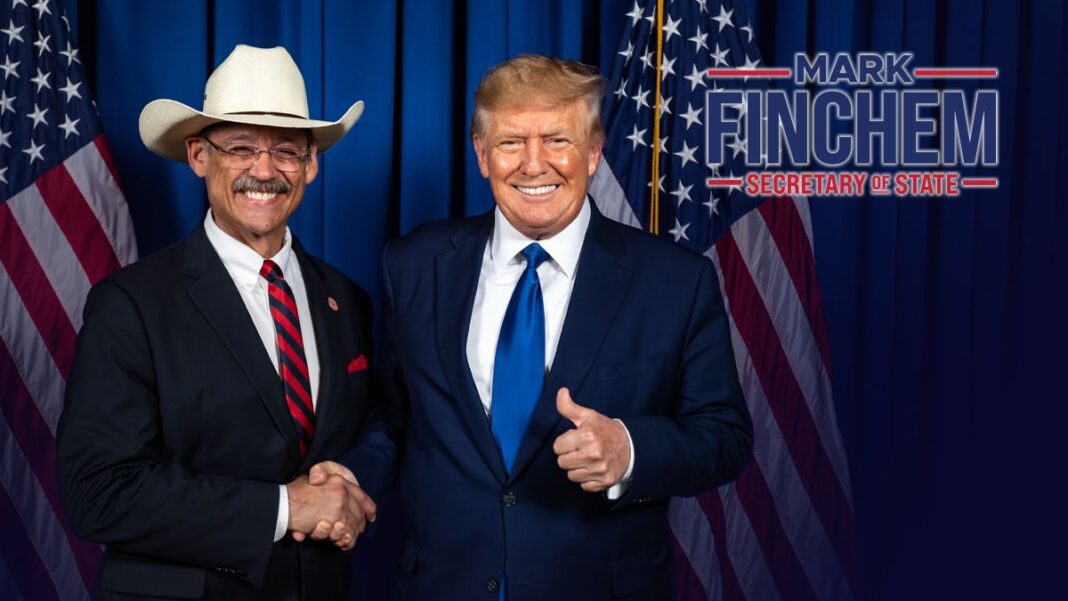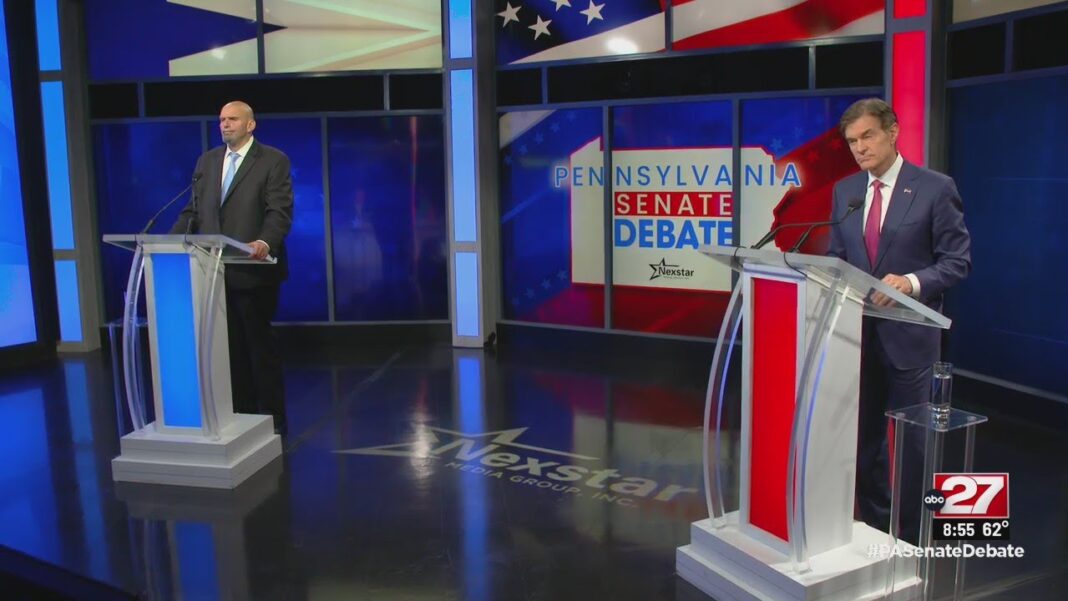
I motored up to Larry Elder’s house for an interview that turned out not to be an interview, at least not in the conventional sense.
It had been scheduled for a couple of days and I had plenty of time to think of some questions, even had jotted a few down, but never asked them.
Elder was just getting off a Zoom press conference when I arrived and we just started talking, no notes, no recording, until he had to go off to yet another conference in his quest to upend Gavin Newsom and become governor of California.
And I’m pretty sure it was better that way, because Larry Elder’s stances on the issues are more well known than just about any political candidate I can think of. He’s been talking about them on air for roughly quarter of a century, often in far greater detail than you ever get from elected officials.
Also, as he was no doubt aware—we have known each other for some time—I pretty much agree with all of them. So I’m the last person to have asked him probing questions.
So we talked.
Larry Elder For Governor
And the substance was this: How, given the atrocious condition of the state of California and the city of Los Angeles, where I lived for fifty years and he still does, would any sane person not want to try to a new approach to government and a new governor?
Call it the mystery of California. How did the most beautiful piece of real estate arguably in the entire globe turn into—let’s be blunt—a rubbish heap?
I had just seen it up close and personal. Driving up to Elder’s house, I had taken a familiar route up Cahuenga Boulevard into the hills, only Cahuenga was no longer the Cahuenga I had known.
Once the vibrant heart of LA’s, even the world’s, entertainment district, it resembled what you would imagine the back streets in an impoverished neighborhood of Calcutta might look like (with apologies to Calcutta because I have never been there).
The homeless, aka the “untouchables” as they would say in India, were everywhere, interspersed with angry, amphetamine-crazed kids on skateboards flying against traffic, daring you to collide with them, like a scene out of some dystopian horror flick.
It was the kind of place you didn’t want to make eye contact with anybody.
Couple this with the Barrio and South Central remaining what they always were, and you would think it’s time for a change.
I asked Elder if he had detected any change, particularly in the black community. For years he has been called an “Uncle Tom,” “Oreo Cookie,” and so forth for daring to swim against the conventional tide of what’s called “liberalism” in our society. He made an award-winning documentary on the subject.
Elder said that in the last year or so he had noticed some change, but there was still a distance to go, even in the black religious community where you would hope for more responsiveness to a new approach.







